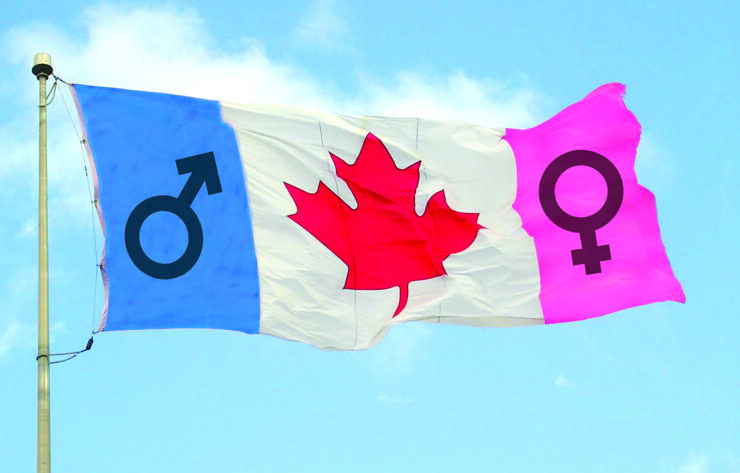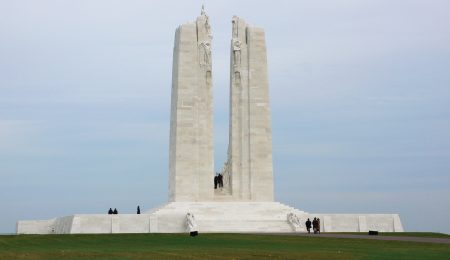MP’s proposed changes to national anthem should only be the beginning
Photo: Jared Grove CC, Edits: Marta Kierkus
Recently, Liberal MP Mauril Bélanger introduced a Private Member’s Bill (PMB) to change our national anthem’s lyrics from “In all thy sons command” to “In all of us command.” The idea behind this change is to make ‘O Canada’ more gender neutral. While this is a step in the right direction, Bélanger’s proposed changes only target one of the many issues with our archaic national anthem.
Some critics of the proposed bill, including a fellow Fulcrum contributor earlier this month, have argued that the national anthem is a part of Canadian history, which means that its lyrics should not be subject to any kind of change or revision.
While the anthem is surely a historical document written in a far-gone age, it is still full of historical errors and outdated cultural messages—errors that run the risk of misinforming new citizens and impressionable Canadian schoolchildren about this great country.
First, let’s tackle the line that started this whole debate: the lyric “True patriot love in all thy sons command” was indeed written into the anthem in 1914 to honour the Canadian men who faced death and brutality on the battlefields of the First World War. No one should diminish the sacrifices that were made by these brave men, but to ignore the contributions made by women during the war is just plain wrong.
Thousands of women gave millions of hours of unpaid labour, worked in industrial plants for six days a week (with working days that consisted of 10 to 12 hours), and were subject to nation wide rationing so the soldiers at the front would have it easier. More than 3,000 women also served in the Canadian Army Medical Corps at the home front and overseas. Forty-six of them gave their lives and 328 were decorated by King George V.
Patriotism is not solely a male trait and our anthem shouldn’t treat it that way either.
Furthermore, our current anthem tells us that Canada is “our home and native land.” However, while the natives of this country do live here, our anthem was certainly not exclusively referring to First Nations populations. It may be a home for many, but for 95.7 per cent of the population, it’s a stretch to call it a “native” land.
Finally, “God keep our land glorious and free” is a ridiculous request when it is suggested to someone who does not believe in God. A secular person should not be asked to respectfully request assistance from a deity, especially as a citizen of a country that supposedly separates church and state.
This isn’t a rewriting of history, since we’re not absolving ourselves of the shameful attitudes of the past. Political correctness isn’t about historical revisionism—it’s about affirming that we are striving for more inclusivity in the future.
‘O Canada’ is not just a historical artifact. It is a piece of our cultural identity and it shouldn’t just represent a small minority of the population, especially when it misrepresents Canadians who identify as women, First Nations, or secular.
One of the pillars of Canadian identity is our tolerance. Shouldn’t our national anthem represent the same?





